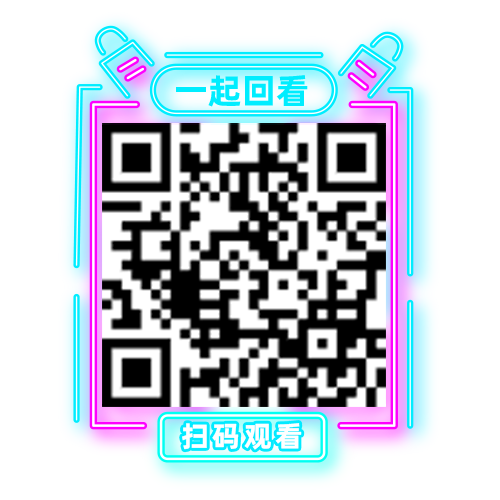09:45-10:00
Overview of Baidu Intelligent Edge and MQTT Message Middleware Open Source Project. Learn more 下载PPT10:30-10:45
Build an open source, independent and controllable IoT operating system OneOS Learn more10:45-11:00
The Evolution of Cloud-Native Microservice Governance Technology towards Proxyless Architecture Learn more15:00-15:15
Zhilu OS - an open source intelligent networked roadside unit operating system Learn more 下载PPT